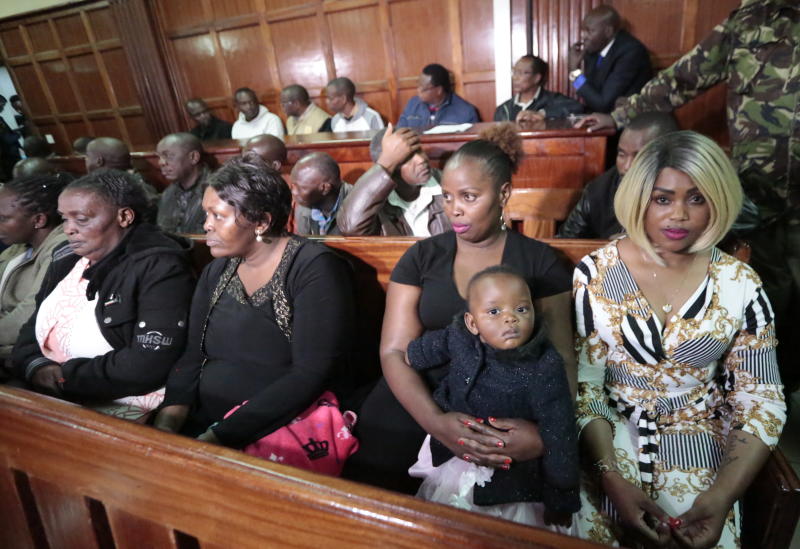×
The Standard e-Paper
Stay Informed, Even Offline

Kenya’s biggest bank by assets says it reported suspicious transactions on the NYS II scandal to the Central Bank two years before it erupted, but no action was taken.
In a 99-page document responding to the show cause letter sent to five banks by CBK, Kenya Commercial Bank (KCB) is turning the tables against its regulator accusing it of sleeping on the job only to wake up from its slumber to slap banks with fines in a public relations exercise.